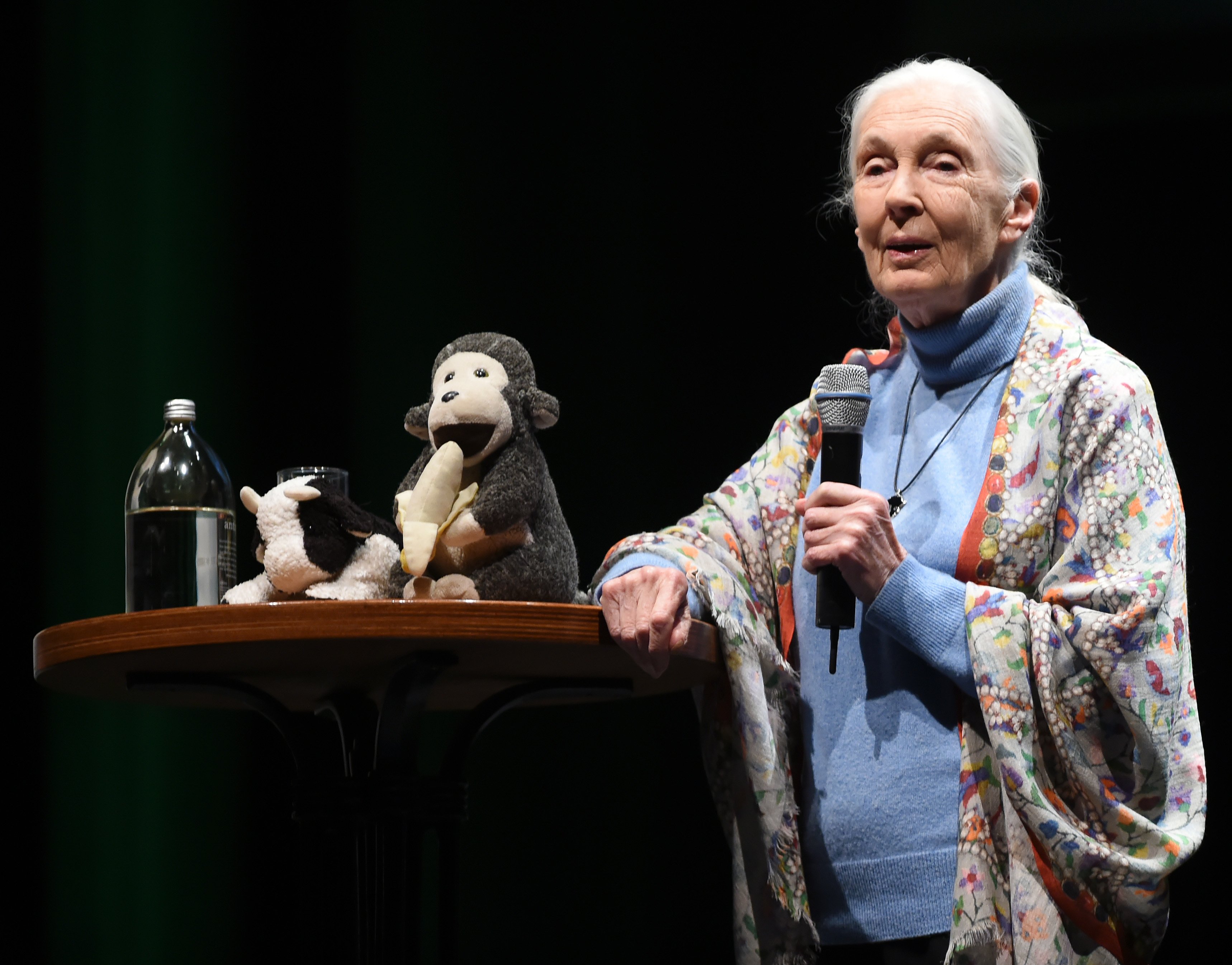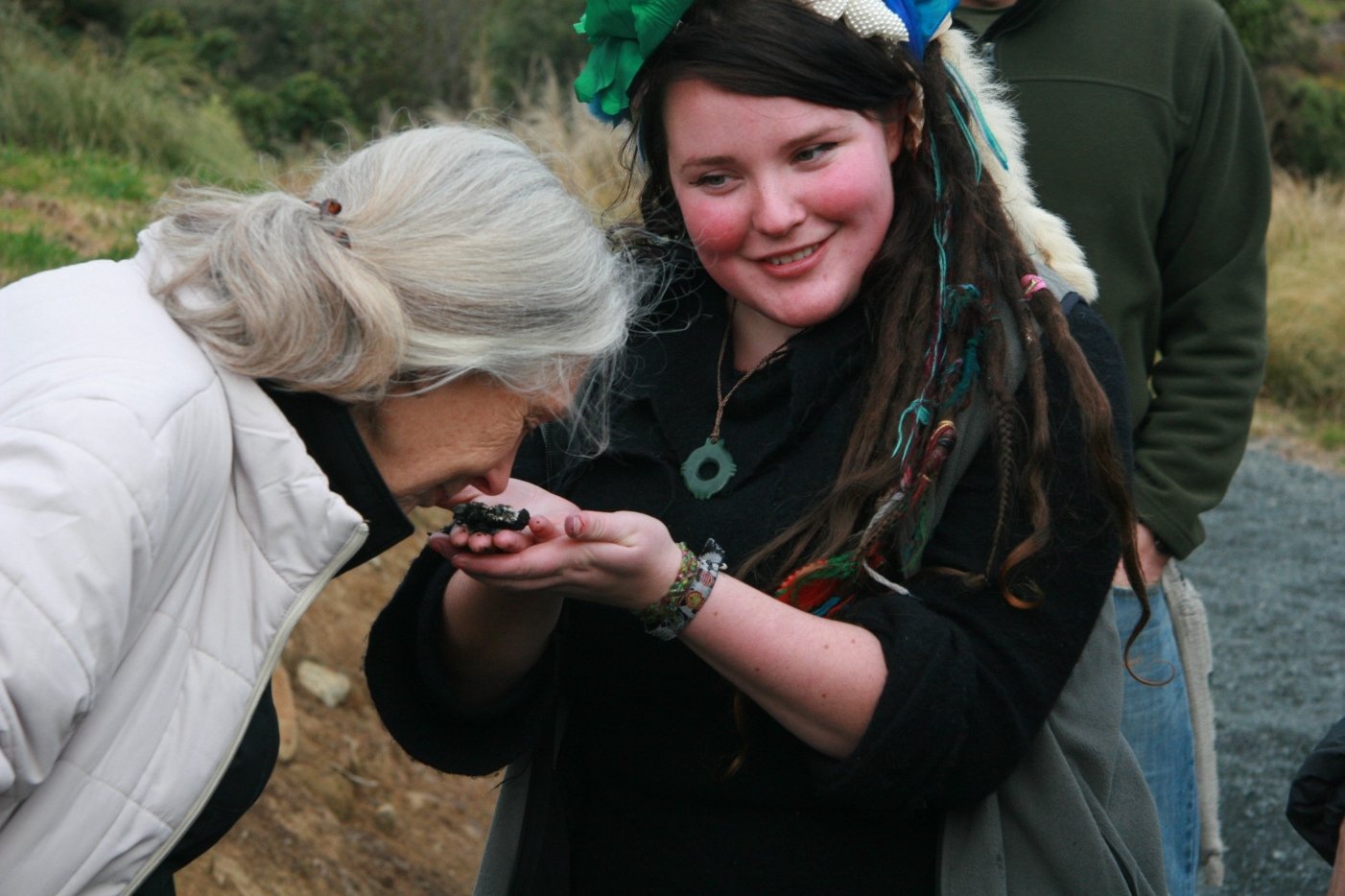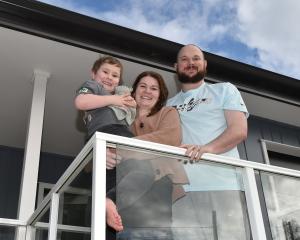
It was infectious, and it rubbed off on wildlife experts and conservationists across the globe, including Otago.
Dunedin’s wildlife and conservation community celebrated her life yesterday, following her death on Wednesday, aged 91.
The English zoologist, primatologist and anthropologist, famed for her pioneering chimpanzee research and global advocacy for the natural world, visited Dunedin in 2011, 2014 and 2017, meeting many conservationists, touring their work projects and giving public talks.
New Zealand Sea Lion Trust advisory board member Jordana Whyte said Dr Goodall brought a "calmness and determination" to the trust when she last visited Dunedin in 2017.
"What I appreciated about her was she still managed to find hope and positivity amongst all of the difficult news and negative changes that we see in the world.
"I really appreciated that she found the balance between being realistic about what we’re up against as people working in conservation, but the positive and the hopeful things that keep you going.
"It’s often quite easy to get bogged down in all of the losses that we see and experience, and feel a little bit hopeless.
"But she still managed, even at 91 years, to keep that positive hopeful message.
"She had a very calming presence. I found that quite refreshing and inspirational as a young conservationist."

"Going right back to the 1980s, when I was doing my zoology degree, we were taught to be very careful not to anthropomorphise and suggest that animals might have human qualities — that was a big no-no.
"But Jane, working with chimpanzees, said, ‘well, hang on a minute, animals do have some of what we consider human qualities, and they’re not unique to humans’.
"So I think Jane was really important in that space.
"When we think about sea lions and their strategies and their care for their pups and that sort of thing, and the way that they mourn their pups for a couple of weeks when they lose them, it’s opened up that space to say this isn’t straight anthropomorphism — it’s actually a real animal trait."
Mr Fyfe said her work in education, and advocacy for being more mindful of the animal world and their habitats, was invaluable.
"We should celebrate a life well lived and her dedication to the cause, which is going to leave a legacy of its own for generations to come, in terms of the young people coming on with an understanding and appreciation and motivation to do more for our natural world."
Wild Dunedin Festival chairman Neil Harraway said Dr Goodall was always eager to support and learn about conservation work in Dunedin.
He said she was "absolutely captivated" during a wildlife tour of Otago Harbour on Monarch.
"She had a generosity of spirit that extended to people and projects right around the world, including here in our city."
She was a close friend of the late University of Otago amphibian expert Prof Phil Bishop, which highlighted the deep respect she had for local scientists and conservationists.
And in 2024, she endorsed the hoiho/yellow-eyed penguin for the New Zealand Bird of the Year competition by saying the conservation effort to protect them was "truly inspiring".
Dr Goodall worked tirelessly to raise awareness of threats to wildlife, promote conservation and inspire a more harmonious, sustainable relationship between people, animals and the natural world.
Since 2002, she had been a UN Messenger of Peace and shared a message of hope, inspiring individuals around the world to take action and make a difference every day.
She was not only a fierce advocate for the animal kingdom. She also used her platform to support human rights, environmental protection and many other crucial issues.
She was appointed a Dame Commander of the Order of the British Empire in 2004, for her services.











